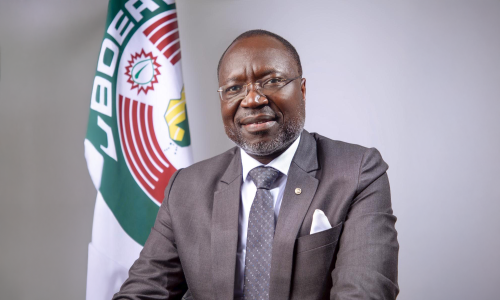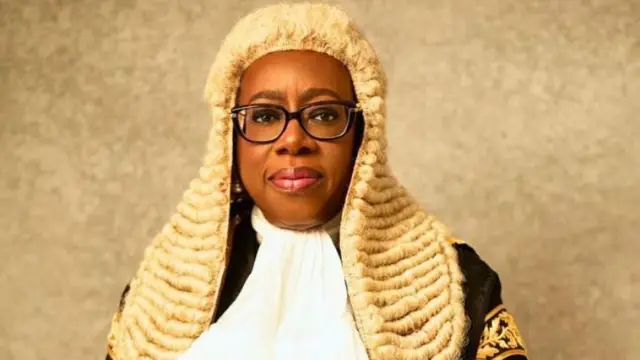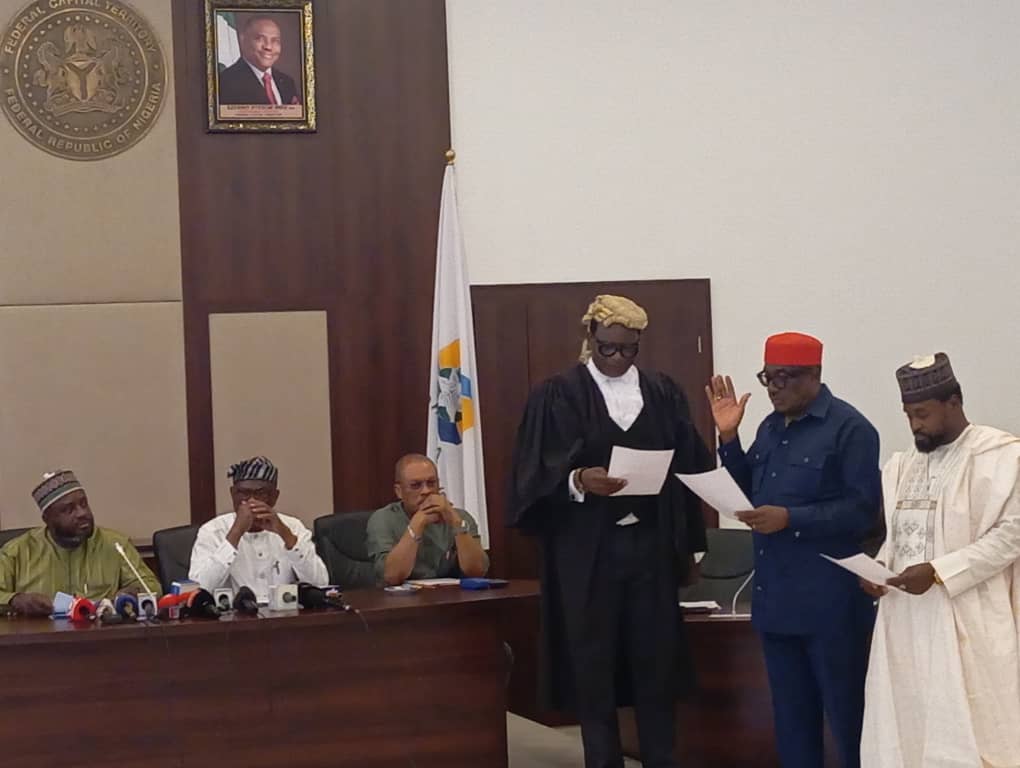
President of the Economic Community of West African States, Dr. Omar Alieu Touray, has promised that ECOWAS will support the modernisation of the Quranic educational system as part of the strategic effort to tackle the scourge of terrorism, violent extremism, poverty linked to Almajiri.
Touray said terrorism and violent extremism are threats to the sub-region’s peace and development.
He urged Islamic scholars to work to prevent extremism and tackle terrorism in the subregion.
Touray spoke at the closing ceremony of the first West African Islamic Conference on Security and Governance convened by the ECOWAS Commission, in partnership with Jam’iyyatu Ansariddeen Attijaniyya, in Abuja, with the theme; “The Role of Islamic Organizations in Countering Terrorism and Violent Extremism in West Africa and the Sahel.”
The high-profile conference, held from Tuesday, 4th to Thursday, 6th November 2025, brought together Islamic organisations, government representatives, traditional and religious leaders, scholars, policymakers, youth, and regional partners to develop actionable strategies to counter terrorism, violent extremism, and governance challenges across West Africa and the Sahel.
Touray drew attention to the condition of traditional Qur’anic schools—known as Tsangaya, Makaranta, or Daara across the region—and their vital role in preventing radicalization.
He said: “In a region with a youthful population, it is important to pay attention to the situation of these youths and support them to channel their energies for positive activities.
“We must modernize and reform these schools to become centers of learning and economic empowerment.
These schools accommodate millions of young people in the region, but they are not given the attention they require. The situation makes both the teachers and their students vulnerable to recruitment by criminal organizations, including terrorist groups.We cannot therefore ignore these important institutions and democracies.
He commended President Bola Tinubu who has established the National Commission for Alimajiri and Arab School Children Education to support the provision of quality religious and non-religious education. He also commended Ghana and Senegal for their various policies to address situations.
“The goal is to better supervise and calibrate children, eradicate forced begging, and support educational structures that need to be established,” he added.
Besides the government initiatives, there are others led by foundations and non-governmental organizations.
He also assured that “Together with the UN and other stakeholders, we will, inshallah, work with governments and other stakeholders to build on the outcome of this conference by implementing joint projects for the modernization of the traditional Quranic schools.Protecting these schools, their students and teachers, will end the phenomena of street begging, child abuse, and the vulnerability of the Quranic school goers to radicalization and recruitment by extremism and terrorist groups.”
He charged that no efforts must be spared in securing West Africa and the Sahel from insecurity and reverse the negative indices for a stable, peaceful, united, and prosperous Africa.
He added: “In the last decade, terrorism and violence have exerted a huge toll on the socio-economic well-being of our people.
West Africa and the Sahel have become the front line of the global fight against terrorism.
“The 2025 Global Terrorism Index report reveals a significant shift in global terrorism, with Africa emerging as the new hub of terrorist activities.
“The Sahel region in particular has seen a dramatic increase in terrorist operations.
For us in ECOWAS, we have emphasized the application of non-kinetic and kinetic strategies in tackling the menace.
“Our regional action plan against terrorism outlines a series of initiatives in this regard. This plan provides rules for multiple access from both states and non-state institutions.
Therefore, this conference, which examines the role of Islamic organizations in countering terrorism and violent extremism, fits squarely within the regional non-kinetic initiatives.
“We must therefore work both to prevent extremism and tackle terrorism wherever it occurs,” he said.
Emir of Kano, Mohammadu Sanusi II,
advocated for continuous efforts to address the pressing challenges of terrorism, violent extremism, and governance in West Africa and the Sahel, where over 40 million children are out of school, and terrorism-related deaths have increased by 250% in the past decade.
“Over the past three days, we have engaged in robust discussions, shared best practices, and crafted strategic recommendations to promote peace, security, and stability in our region.
“We have recognized the central role of Islamic organizations in preventing violent extremism and promoting peace, as emphasized in the Qur’an, and cooperate in righteousness but do not cooperate in sin and aggression.
“We have also acknowledged the need for a coordinated cross-border approach to address the complex intersection of traditional Islamic education, youth vulnerability, and regional insecurity.
“As we adopt the Regional Declaration on Improving Islamic Education and Countering Violent Extremism, I urge all stakeholders to remain committed to the cause. Let us work together to implement the recommendations and strategies outlined in this declaration.
“Let us empower Islamic organizations to promote a culture of peace, tolerance, and co-existence, as guided by the Prophet, who says, None of you truly believes until he loves for his brother what he loves for himself.”
The conference highlighted the urgent need to strengthen governance, protect vulnerable children in traditional Islamic education systems, and foster collaboration between state and non-state actors in promoting peace, social cohesion, and regional stability, among others.



